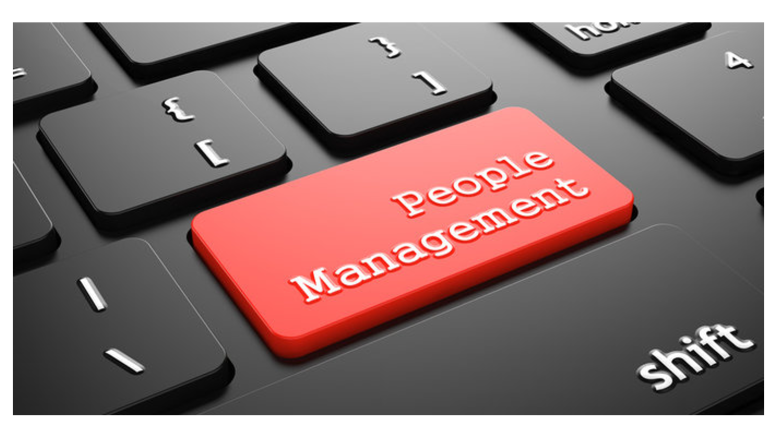People management is an art. Those who master this art can forge relations and build committed teams. Emotional intelligence plays a vital role in managing people from different schools of thought and cultural backgrounds and driving them towards common goals. People with strong interpersonal skills can defuse tensions and manage conflicts effectively. Workplaces can become tense due to intense work pressures, tight deadlines and stress on profitability. Stressful situations can be overwhelming and trigger negative emotions in employees. When team members start to avoid work, shirk responsibilities and stop coordinating, it is a sign that they need to be heard. Underperforming teams with ego clashes and constant conflicts are detrimental to the growth and success of any venture. People skills become crucial to understand their pain points and take appropriate actions to maintain high work standards for greater productivity.
Recognise/ Reward Good Work
We all like appreciation and recognition at the workplace. While most organisations have a reward mechanism, biased and unfair selection processes ruin the purpose of employee reward programs. Recognise hard-working and committed employees and motivate them to take up challenging tasks. Most of the organisations reward good employees at the end of the year. Instead, create monthly/quarterly reward programs for employees across the job lines. Human Resources and Internal Comms can play a vital role in maintaining their morale through employee engagement programs.
Understand Pain Points of Team
Dealing with a non-cooperative team can be exhausting and bring down the spirit of the workplace. There can be multiple reasons for employees lacking interest in their work, such as low pay or limited scope for growth. Effective communication can help to identify their pain points and address specific triggers. Foster the culture of freedom and creativity and provide a platform for them to voice their opinions. Good leaders listen to their team members with an open mind and do not reprimand their employees for speaking their minds. Create a feedback mechanism and seek employee’s contributions in making necessary corrections in the system. Encourage healthy competition and offer a level playing field by providing support and resources. Unlike previous generations, youngsters give equal importance to job satisfaction and are ready to move out for mental peace.
Involve Team in Decision-Making
Quit quitting became a popular trend post COVID-19 pandemic when employees would do the bare minimum to retain their jobs. Among several reasons for quit quitting, one crucial reason was managers taking credit for employees’ work and keeping them out of strategic discussions where they could add value. Such culture encourages a sense of distrust, and employees can opt for bare minimum work. People feel motivated when their opinions and feedback are valued and implemented. Involve employees in the decision-making process and allow them to express their viewpoints.
Set Boundaries for Unruly Behaviour
Diversity is the beauty of the workplace. People from diverse backgrounds enrich collective work experience. However, the unruly behaviour of team members can be problematic for team spirit. While free speech is crucial, leaders should not encourage misbehaviour within the team. Workplaces are not informal setups with the casual attitude of people. Ensure that employees maintain basic office decorum and be respectful to their co-workers. Identify troublemakers and take appropriate steps to curb elements that are not aligned with the collective vision at the workplace.
The views and opinions published here belong to the author and do not necessarily reflect the views and opinions of the publisher.



Be the first to comment on "The Art of People Management"